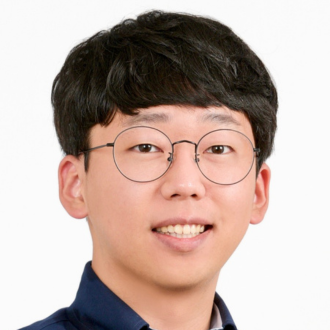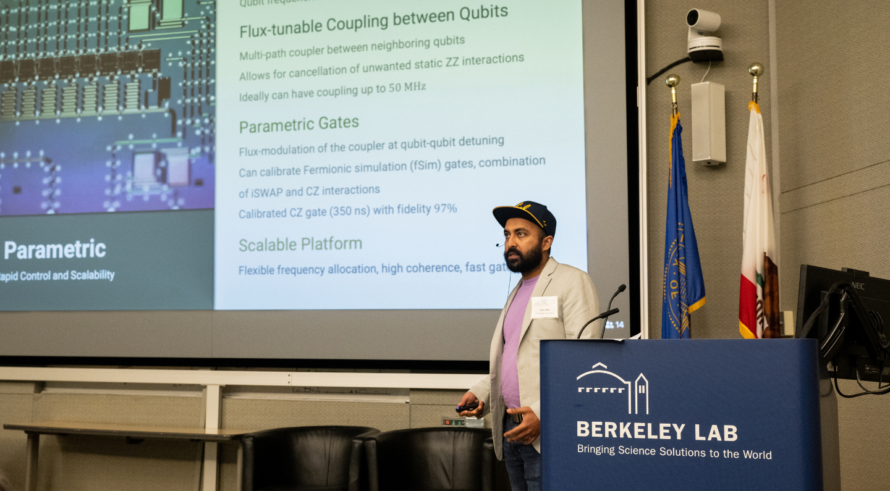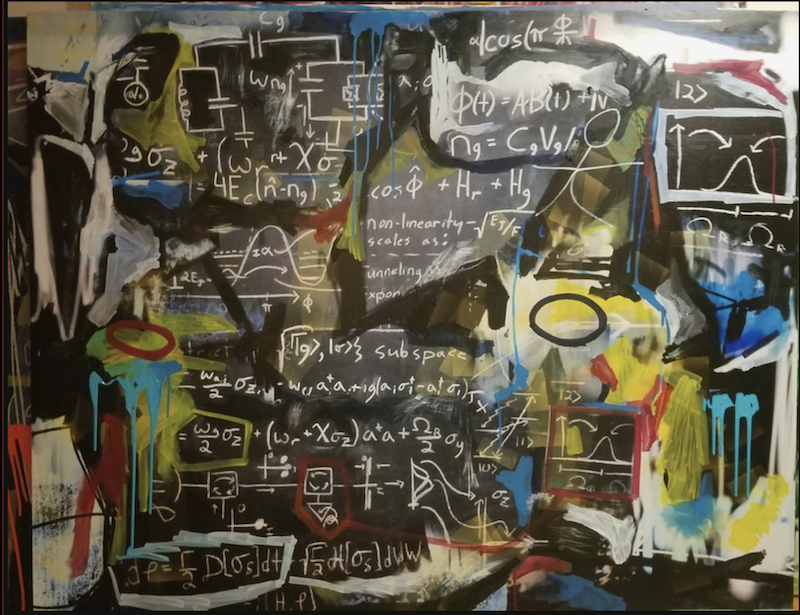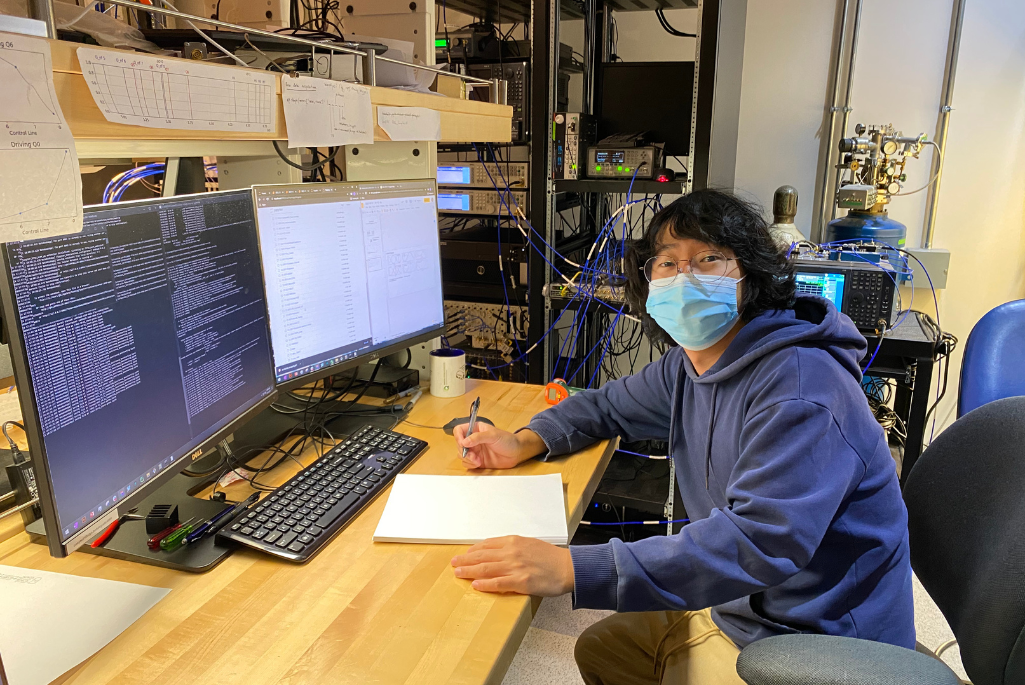The Advanced Quantum Testbed (AQT) alum Yosep Kim has accepted a faculty position as an assistant professor at Korea University’s Department of Physics, Seoul, South Korea. Kim was a postdoctoral researcher at AQT from September 2020 through October 2021. Kim explored novel logic gates at AQT and has continued to collaborate closely with AQT users and staff on quantum information science (QIS) and technology.
AQT at Lawrence Berkeley National Laboratory (Berkeley Lab) is an advanced superconducting laboratory funded by the U.S. Department of Energy Office of Science for full-stack quantum computing. It fosters deep research collaborations with users selected through an open, competitive proposal process that synergizes with other resources available to the researcher community. Through its cutting-edge research opportunities, AQT is training the next generation of scientists and engineers in quantum computing.
The testbed allows early-career scientists from various backgrounds to access world-class quantum computing hardware and software systems, establishing a unique environment for active mentoring, open discussion, and networking between different stakeholders in the quantum ecosystem while preparing them for a variety of roles in the future.


AQT’s team wishes Kim great success!
# # #
Founded in 1931 on the belief that the biggest scientific challenges are best addressed by teams, Lawrence Berkeley National Laboratory and its scientists have been recognized with 16 Nobel Prizes. Today, Berkeley Lab researchers develop sustainable energy and environmental solutions, create useful new materials, advance the frontiers of computing, and probe the mysteries of life, matter, and the universe. Scientists from around the world rely on the Lab’s facilities for their own discovery science. Berkeley Lab is a multiprogram national laboratory, managed by the University of California for the U.S. Department of Energy’s Office of Science.
DOE’s Office of Science is the single largest supporter of basic research in the physical sciences in the United States, and is working to address some of the most pressing challenges of our time. For more information, please visit energy.gov/science.



